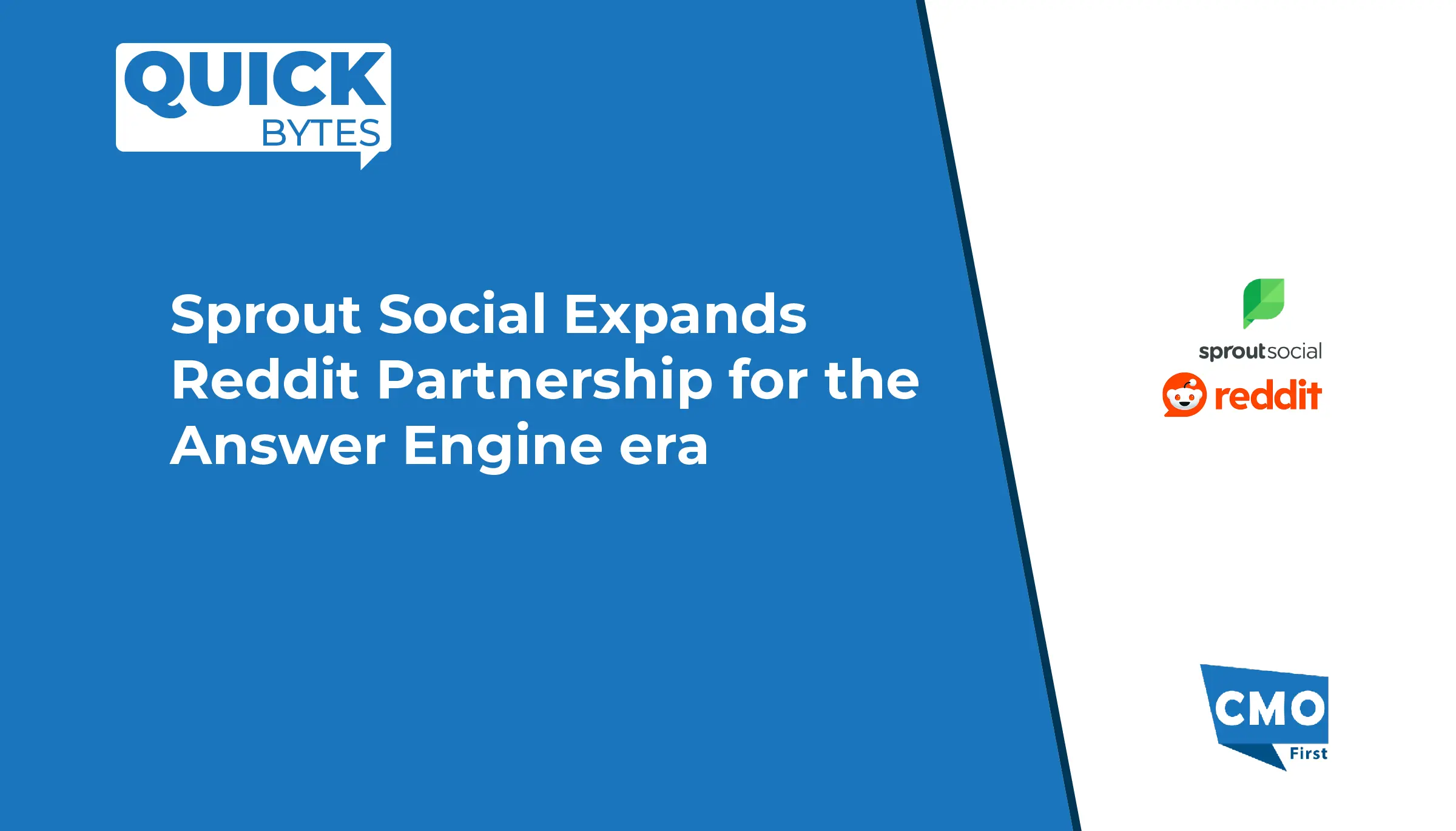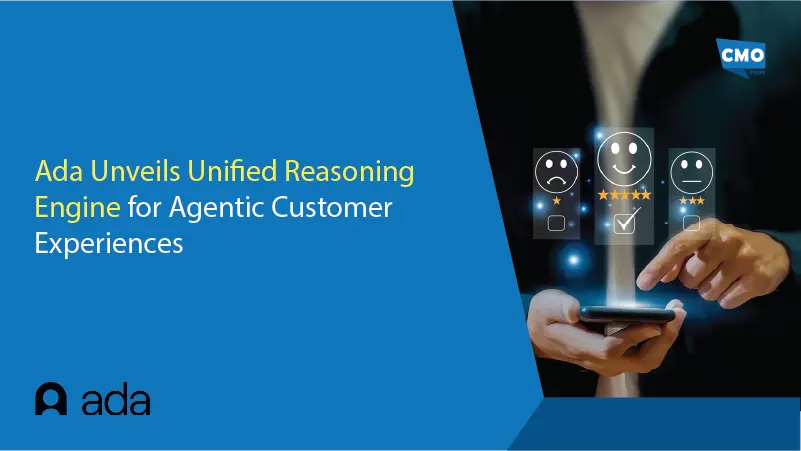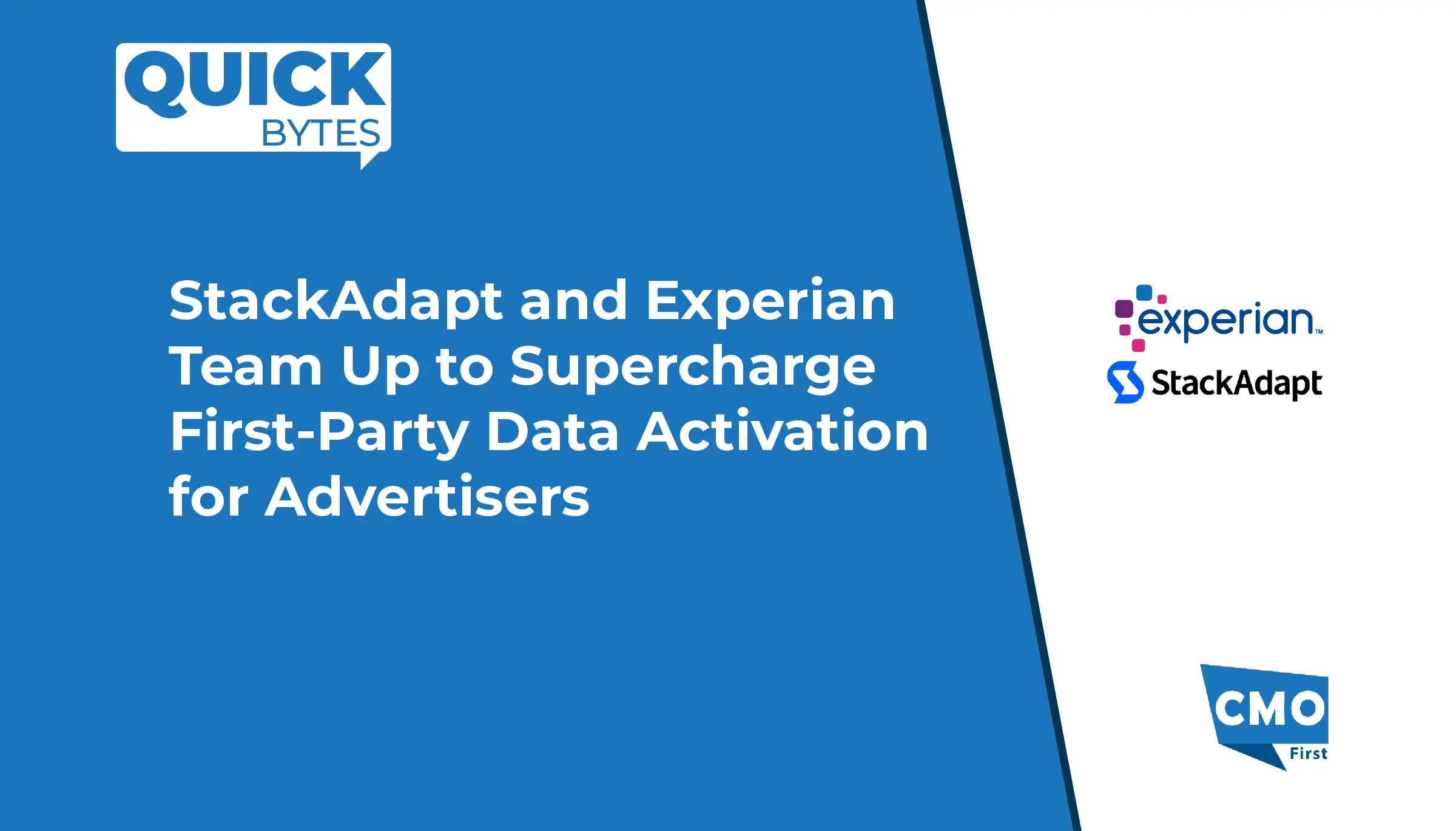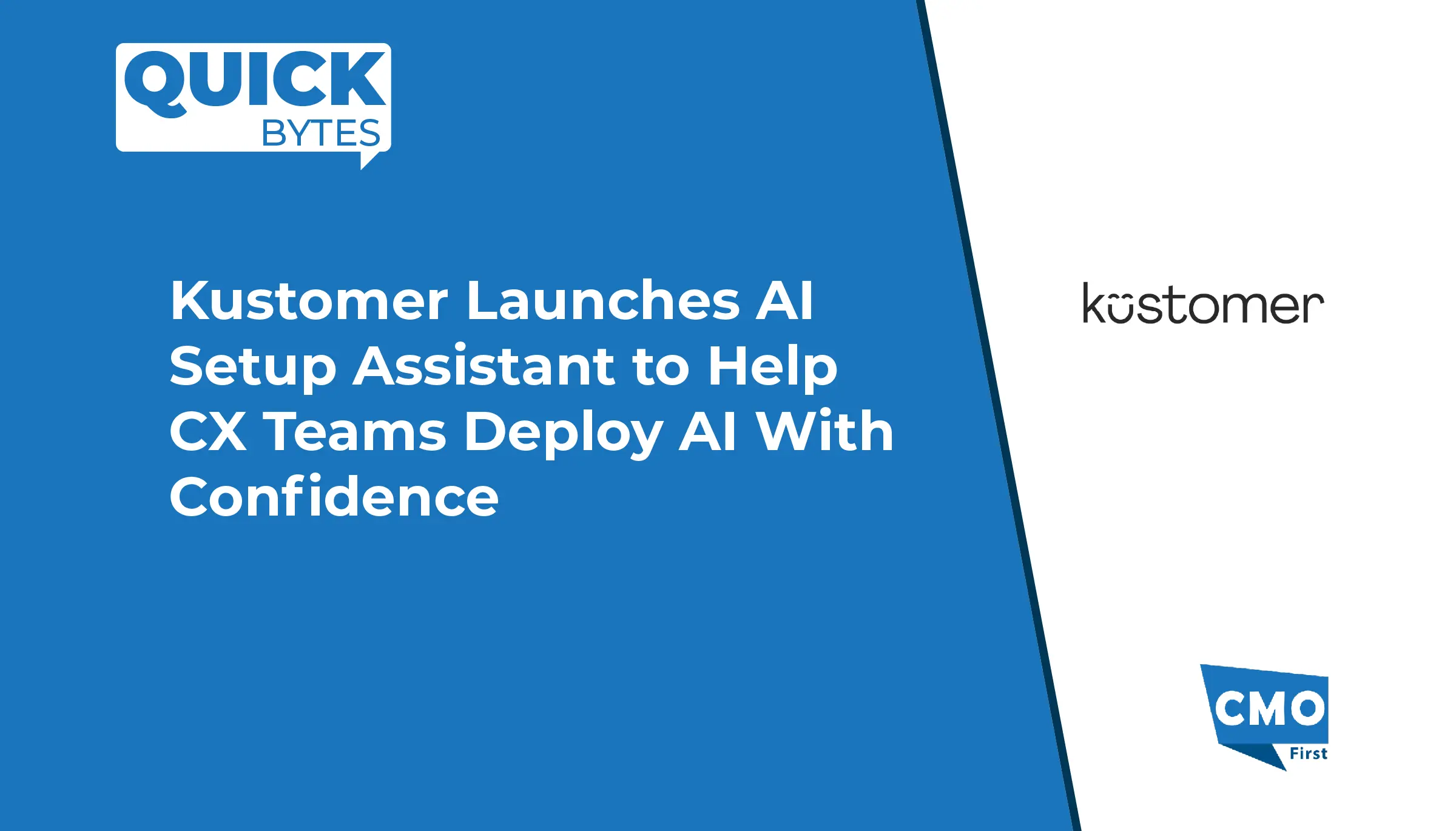Adobe unveiled major AI innovations in Adobe Acrobat, bringing unprecedented creativity and productivity to digital documents. Starting on June 18, Acrobat customers can create and edit images in the nearly 3 trillion PDFs currently in circulation using text prompts, powered by Adobe Firefly. Acrobat is the first PDF solution to offer in-app generative image capabilities. New features in Acrobat AI Assistant, a conversational engine deeply integrated into Reader and Acrobat workflows, will allow customers to ask questions, get insights and create content from information across groups of PDFs – and other document types – including Microsoft Word, Microsoft PowerPoint, text files and more. Adobe also announced enhanced meeting transcript capabilities in AI Assistant.
“From Edit and Share to Protect and Export, Adobe has consistently innovated PDF, transforming it from a static page into a collaborative workspace,” said Abhigyan Modi, senior vice president, Adobe Document Cloud. “With generative AI we can advance the category again with image creation and insights across a new range of document types, empowering every customer with a deeper understanding and ability to transform information into compelling content – with the ease and speed of a simple prompt.”
Bringing Adobe Firefly Generative AI to PDFs for the First Time
The new Acrobat features enable customers to easily enhance existing images and generate stunning new images in their PDFs with generative AI – all without leaving the app. Features include:
- Edit Image in Acrobat offers easy-to-use tools like the Firefly-powered Generative Fill, Remove Background, Erase and Crop to add, remove and revitalize content in document images in a snap. From erasing unwanted objects to removing backgrounds or adding new images, customers have full, easy control over the visuals in their PDFs.
- With Generate Image in Acrobat, customers can effortlessly add stunning new images to their PDFs, powered by Adobe’s Firefly Image 3 Model. Customers can quickly adjust the size and style and add images to any part of a document. The easy-to-use yet powerful design tools enable customers to add a professional, creative polish to their documents with images.
Also Read: IAS announces partnership with Pinterest to provide AI-driven brand safety measurement
Edit Image and Generate Image will provide everyone with a fast and easy way to create compelling visuals in Acrobat – no creative expertise required. Sales teams can use Generate Image to add images to text-heavy business plans, making it easier to read and more impactful. Entrepreneurs can use Generate Image and Edit Image to update existing visuals in investor pitch decks, customizing presentations for each specific opportunity. Small business owners can easily update promotional materials, using Generate Image and Edit Image to instantly change backgrounds to reflect different seasons or cultural moments.
Delivering More Productivity and Value with Acrobat AI Assistant
When doing research, studying for an exam, analyzing data or catching up on meeting notes, information rarely lives in a single document or file type. New Acrobat AI Assistant features remove obstacles and make it quick and simple for everyone to get insights and format and share content from the information in their documents. New capabilities include:
- Insights across documents: From quick answers to thorough research, users can now identify key themes, trends and relationships from a group of documents they select and synthesize and format information from different sources into impactful content. For example, a marketer is researching ways to reach Gen Z customers from the information across a group of PDF, Microsoft Word and Microsoft PowerPoint documents. The marketer can drag and drop those documents into Acrobat AI Assistant, which quickly generates suggested questions like “Give an overview of the key themes presented in these documents.” The marketer can also ask their own questions, “What are the social media habits of Gen Z?” AI Assistant generates answers based on the information in the group of documents and includes intelligent citations, allowing the marketer to easily verify the source of the answer or quickly navigate to a specific location for deeper exploration. The marketer can also ask to have the information formatted into compelling content for a specific purpose. For example: “Convert key points of these document into an email,” which they can easily share with the broader team to inform their marketing campaign.
- Enhanced meeting transcripts: Virtual meetings are a staple for today’s knowledge workers and whether they’re leading a meeting, participating – or miss it altogether – new enhanced meeting transcript capabilities automatically create generative summaries for a quick understanding of main topics, key points and action items, empowering meeting participants to stay up-to-speed and keep teams moving in the same direction.
Building Trust in AI
Adobe does not train the company’s generative AI models on Adobe customer data. Adobe AI features, including Firefly and Acrobat AI Assistant, are developed in alignment with Adobe’s AI Ethics principles of accountability, responsibility and transparency. Adobe Firefly is trained on licensed content, including moderated Adobe Stock content and public domain images where the copyright has expired and is designed to be commercially safe. To provide transparency around the use of generative AI in the creative process, Content Credentials are automatically attached to digital content created or edited with Firefly-powered features in Adobe Acrobat, providing a digital nutrition label that builds trust with audiences. Adobe has created standardized processes from design to development to deployment, including training, testing and a review process overseen by a diverse AI Ethics Review Board so customers can use the features with confidence. These include:
- Data Security Protocols: AI Assistant features in Reader and Acrobat are governed by data security protocols, including testing and evaluation methodologies in engineering processes and pre- and post-processing.
- Enhanced Reliability: Adobe supplements LLM technologies with the same artificial intelligence and machine learning models behind the award-winning Liquid Mode to provide a highly accurate understanding of document structure and content, which enhances the quality and reliability of Acrobat AI Assistant’s outputs.
- Guardrails for LLMs: When working with third-party LLMs, Adobe takes an agnostic approach, selecting best-in-class technologies that address a range of customer use cases. Adobe contractually obliges them to use confidentiality and security protocols that match Adobe’s own standards and prohibits third-party LLMs from manually reviewing or training on Adobe customer data.
- Streamlined AI Data Governance: Acrobat AI Assistant keeps companies in control of their information, delivering insights based on documents users provide versus insights from broad enterprise information, helping guard against other types of data being analyzed and used for unintended purposes.
- Keeping Humans in the Loop: Acrobat AI Assistant includes attributions in generated responses, making it simple for employees to confirm where the information came from; an in-app message reminds them to double-check the source of the answers AI Assistant provides.
- A Shared Responsibility: The generative AI output of AI Assistant in Reader and Acrobat is based largely on documents provided by users themselves. When users leverage Acrobat AI Assistant they agree to use the features responsibly.
SOURCE: BusinessWire

























Leave a Reply